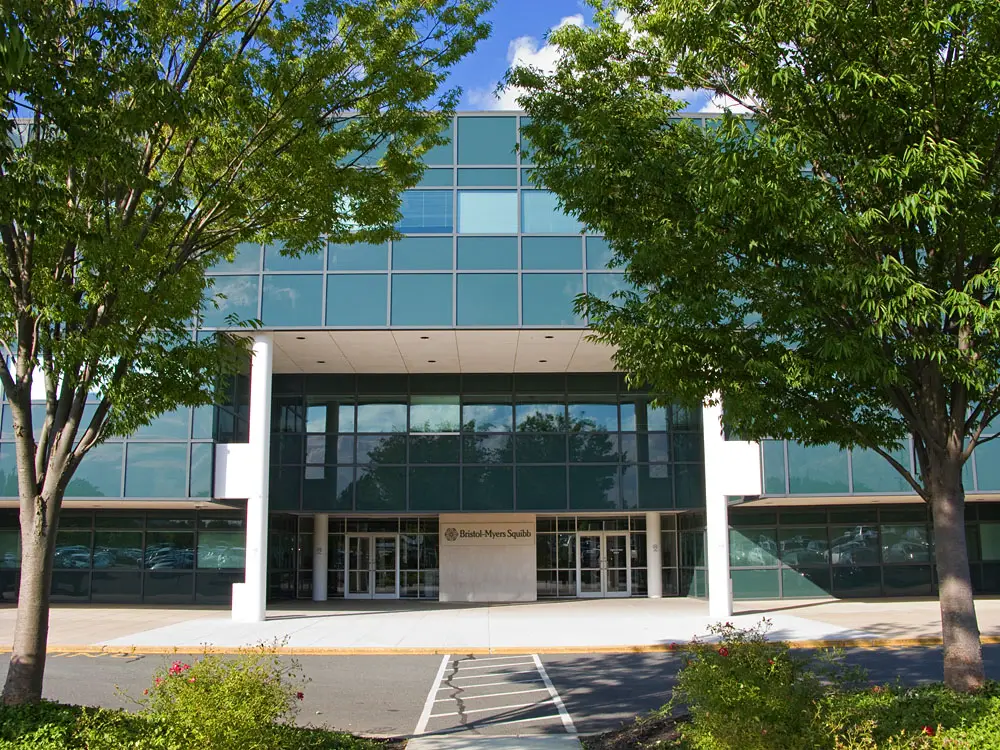
NICE has issued a final “no” to Bristol-Myers Squibb’s oral MS drug Zeposia (ozanimod), in a decision that prevents access for patients in England and Wales.
This ruling means that there will be a divide in access to Zeposia in the UK, after the Scottish Medicines Consortium allowed funding in February for the drug in patients eligible or asking for an oral treatment.
NICE’s final draft guidance from the drug cost-effectiveness body confirms a first draft decision published in January.
In its decision NICE alluded to the host of rival therapies, both oral and injected, that are already on the market, such as Roche’s Ocrevus (ocrelizumab) and Biogen’s Tecfidera (dimethyl fumarate).
NICE still said “no” despite a confidential price cut from the list price, saying that the drug would not be a cost-effective use of NHS resources.
BMS is setting up Zeposia as a first or second line therapy and noted clinical evidence that the drug reduces relapses and brain lesions compared with Biogen’s Avonex (interferon beta-1a)
But NICE said in its guidance that the drug’s impact on disability progression was unclear from the clinical evidence presented by BMS’ Celgene unit.
A NICE spokesperson said: “The cost-effectiveness estimates for ozanimod were outside of the range NICE normally considers an acceptable use of NHS resources and therefore the committee was unable to recommend it.”
The MS Trust patient group said in a statement that it was disappointed with NICE’s decision given that Zeposia has few side-effects.
While Biogen’s Tecfidera pill is effective it is notorious for its gastrointestinal side effects, which cause some patients to stop taking it.
Zeposia is also taken once a day, like Novartis’ rival Gilenya (fingolimod), allowing patients to easily fit it in with their daily routines.
David Martin, the MS Trust’s chief executive officer, said: “As a once daily tablet with few side effects, ozanimod offers advantages over existing treatments and would have increased choices for people with relapsing remitting MS and their doctors.”
The MS Trust said noted that is a final decision leaving little opportunity to persuade NICE to change its verdict.
In a separate decision, NICE recommended funding for Merck & Co’s Keytruda (pembrolizumab) for untreated metastatic colorectal cancer with high microsatellite instability (MSI) or mismatch repair (MMR) deficiency..
The post NICE says final ‘no’ to BMS’ Zeposia for multiple sclerosis appeared first on .
